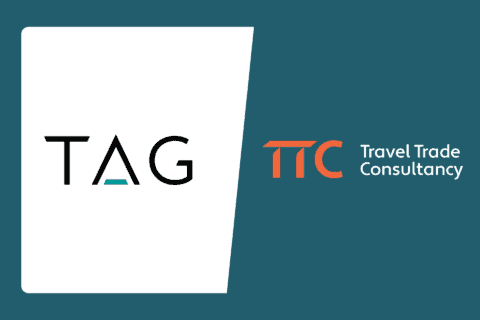Trust accounts are increasingly seen as the preferred form of security for our industry. They have been used throughout the travel supply chain to cover a multitude of potential risks since the failure of Thomas Cook and a devastating global pandemic sent insurers and their capacity running for the hills.
When deciding if a trust account is right for you, you must understand the impact on your cash flow. Client funds will be held in a segregated account and your ability to move the money will be restricted. A detailed cash flow model is essential, and frankly, getting it wrong could be disastrous.
So, here’s what you need to consider.
Timing your cash inflow
Depending on the purpose of your trust account, it may hold all customer funds or just a subset (e.g. only ATOL bookings). Some operators collect all customer funds into one central account and then split out protected funds into the trust. Or you can arrange for your card processor to send funds directly into the trust. You may also need to separate different foreign currencies into different trust accounts.
Whichever approach you choose, the timing difference between your customer handing over money and you receiving it could be critical.
Any delay in receiving cash may mean you would have to front up the money in advance from your own cash flow. For example, if you’re on ‘deferred settlement’ terms with your card processor (i.e. you wait more than 3 days to collect), or if you sell via a travel agent, and they hold onto funds for longer than two weeks before passing it over to you.
The gross amount paid by your customer should be protected and go into the trust – no offsetting card processor charges and no leaving out the commission paid to the travel agent. For some, this might mean changing previous payment and commission arrangements and your IT systems or card processing set-up will need to be able to identify and separate out which monies require protection.
When funds are released
The default position under Package Travel Regulations is that funds can only be released once the booking has been performed. In other words: no money until the customer comes home.
Now, there are some caveats. Money can sometimes be released earlier, but only in very specific circumstances. For example, an ATOL trust might allow funds to be released for certain authorised booking components, as long as they’re covered by Supplier Failure Insurance or Chargeback via a corporate credit card. Similarly, a non-flight package trust may permit early release where the money is protected by a gap insurance policy.
It’s also worth highlighting that robbing Peter to pay Paul is strictly forbidden. Any customer refund can only be paid out from the amount held in trust. So if supplier payments have already been released, you’ll need to get them refunded before the customer can be repaid.
Funds are usually claimed out of the trust using a Payment Request mechanism. You must provide evidence that the holiday has been delivered, cancelled or refunded, or in some cases that a supplier has been paid from your own cash flow first before funds can be released from the trust.
Before trust, comes knowledge
To understand whether a trust account could work for your business, you need a robust financial model that illustrates the impact on your cash flow.
If you need any help, feel free to get in touch.
If you enjoyed this post, why not sign-up for our newsletter? Get our latest blog posts, industry updates and exclusive content. Join our mailing list below.



